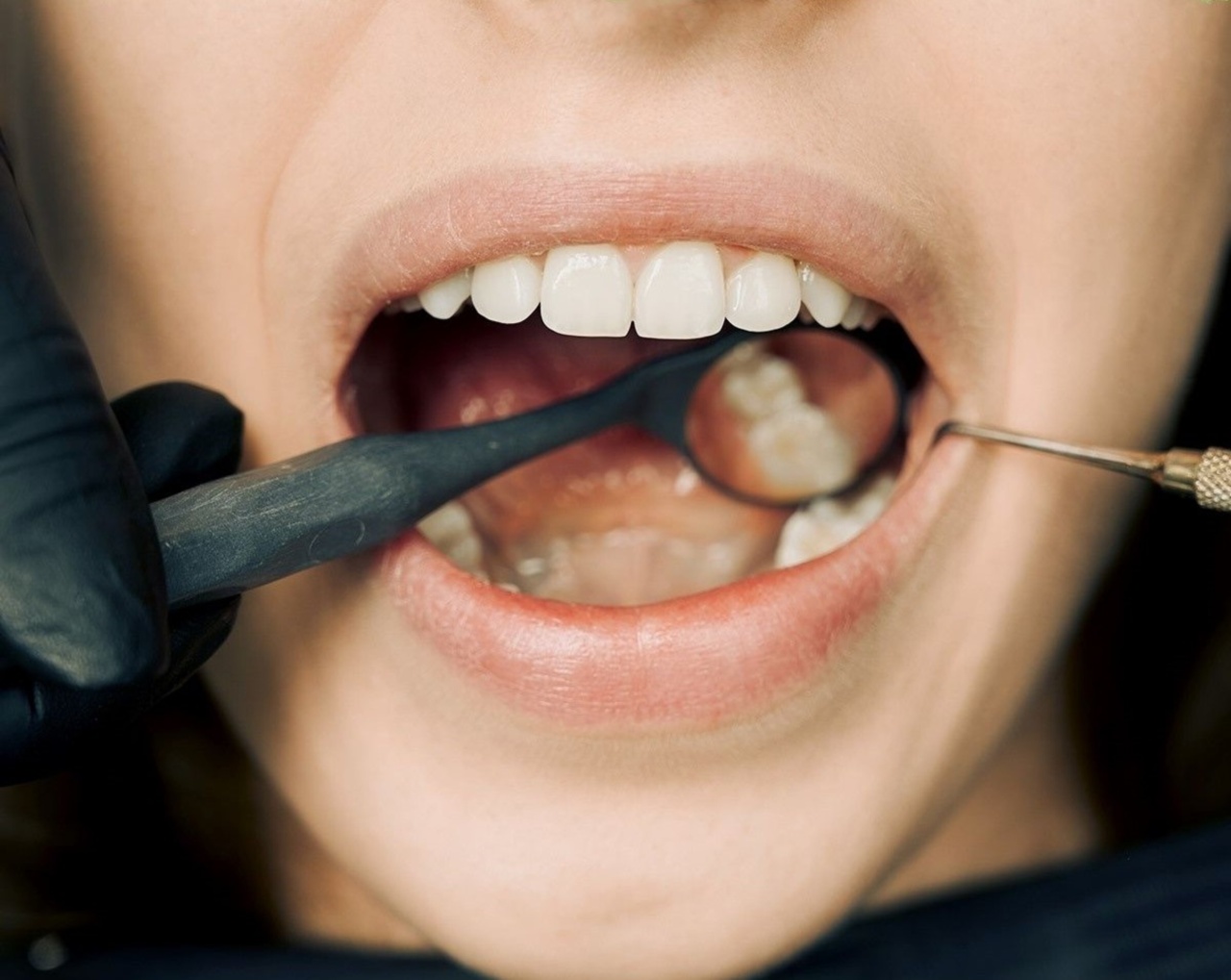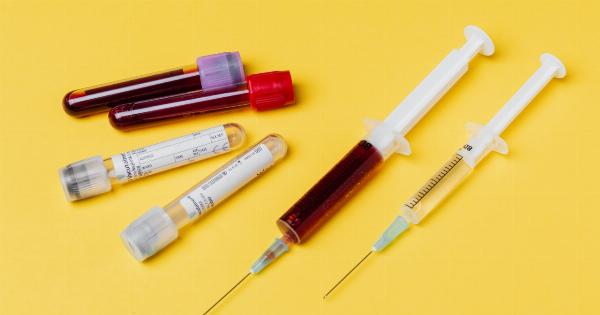High blood pressure or hypertension is a common health problem that affects millions of people around the world. It is a serious condition that can lead to various complications like stroke, heart attacks, and kidney disease.
There are many factors that can contribute to hypertension, including genetics, lifestyle, and certain medications. In this article, we will discuss one of the lesser-known causes of high blood pressure: oral solution-induced hypertension.
What is Oral Solution-Induced Hypertension?
Oral solution-induced hypertension is a condition wherein blood pressure increases after taking certain oral solutions. These solutions may contain various active ingredients like sodium bicarbonate, sodium chloride, or potassium chloride.
These solutions are commonly used to treat conditions like acidosis, dehydration, and electrolyte imbalances. They are also used as a supplement to reverse the effects of medications that can cause hypokalemia (low levels of potassium in the blood).
The exact mechanism by which these oral solutions cause hypertension is not yet fully understood. It is believed that the high levels of sodium and/or potassium in these solutions can lead to an imbalance in fluid and electrolyte levels in the body.
This imbalance can affect the normal functioning of the heart, blood vessels, and kidneys, leading to an increase in blood pressure.
Symptoms of Oral Solution-Induced Hypertension
Oral solution-induced hypertension may not always cause noticeable symptoms. However, in some cases, it can lead to symptoms like:.
- Headaches
- Dizziness
- Shortness of breath
- Chest pain
- Blurred vision
If left untreated, oral solution-induced hypertension can lead to serious complications like stroke, heart attacks, and kidney disease.
Treatment of Oral Solution-Induced Hypertension
If you suspect that you are experiencing oral solution-induced hypertension, it is important to seek medical attention immediately.
Your doctor may order various tests like blood pressure monitoring, blood tests, and electrocardiography (ECG) to confirm the diagnosis. Treatment of oral solution-induced hypertension involves discontinuing the use of the oral solution that is causing the condition. Your doctor may also prescribe medication to lower your blood pressure.
Prevention of Oral Solution-Induced Hypertension
The best way to prevent oral solution-induced hypertension is to avoid taking these solutions unless it is absolutely necessary and under the supervision of a healthcare professional.
If you have a medical condition that requires the use of these solutions, make sure to follow the dosage and frequency instructions carefully. It is also important to monitor your blood pressure regularly and seek medical attention if you experience any symptoms of hypertension.
Risk Factors for Oral Solution-Induced Hypertension
There are various risk factors that can increase your chances of developing oral solution-induced hypertension. These include:.
- Existing hypertension
- Renal impairments
- Heart disease
- Liver disease
- Diabetes
- Older age
- Use of certain medications like ACE inhibitors, diuretics, and beta-blockers
If you have any of these risk factors, it is important to discuss the potential risks and benefits of using oral solutions with your doctor.
Conclusion
Oral solution-induced hypertension is a rare condition that can lead to serious complications like stroke, heart attacks, and kidney disease.
It is important to be aware of the potential risks associated with the use of these solutions and to seek medical attention if you experience any symptoms of hypertension. If you have any concerns about your health or the use of oral solutions, talk to your healthcare provider.





























